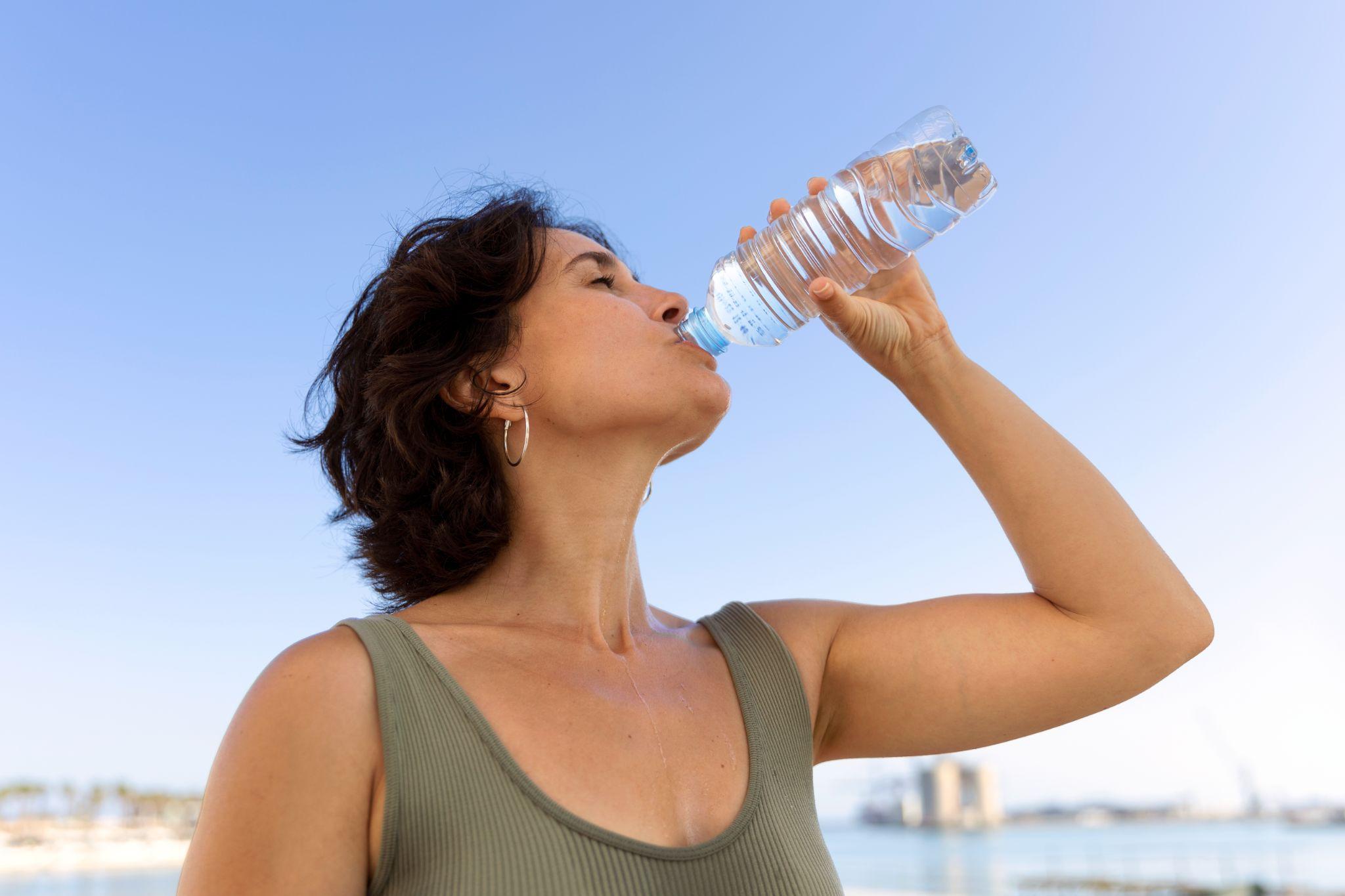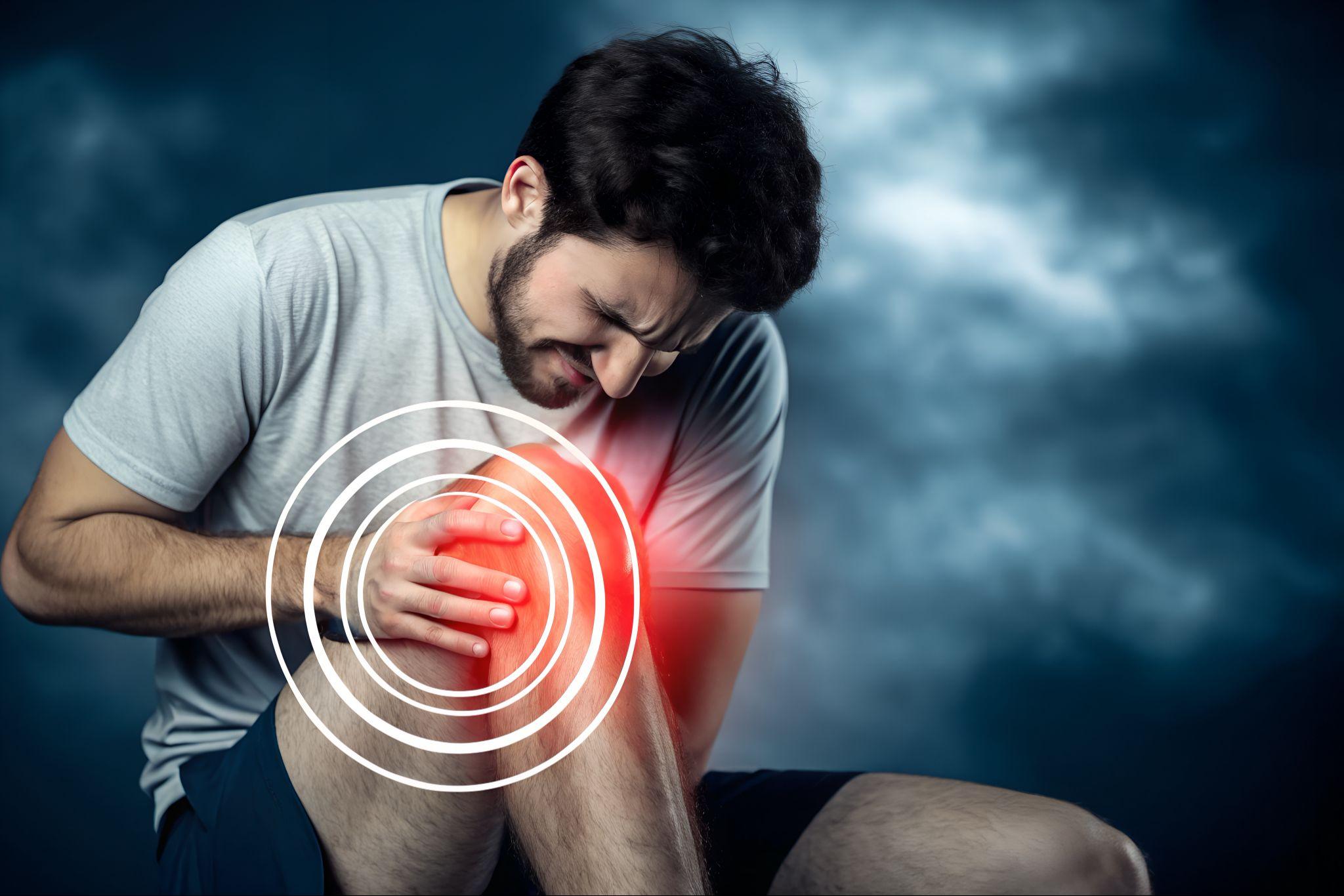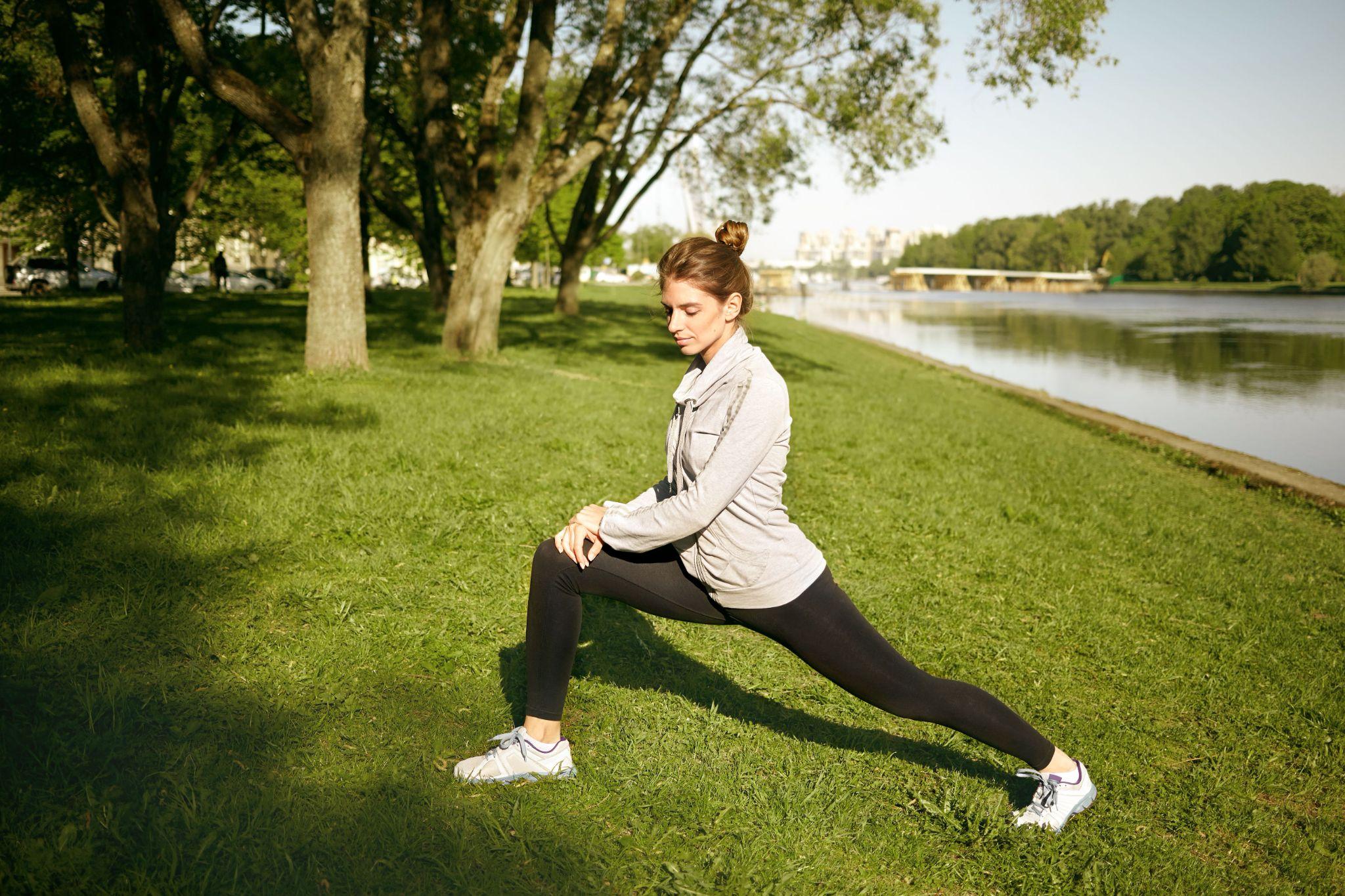Why is Hydration So Important to Joint Health?

Staying hydrated helps lubricate joints, reducing friction and promoting smoother movement.
Water is used for nearly every function of the body, from digestion to circulation. Most individuals understand that hydration makes them more energetic and healthy-looking, but few understand how much it affects joint function. Joints are the connective tissue between the bones that allow us to move, bend, and stay active. Fluid levels are also required to maintain these joints cushioned, mobile, and pain-free. Rigid joints can be a result of dehydration, which makes joints stiff and prone to injury. Hydration is thus not merely about alleviating thirst, but also about safeguarding mobility and long-term joint strength.
Understanding Joints and Their Function
Joints are complex combinations of bones, cartilage, ligaments, and synovial fluid. Cartilage is a smooth cushion that prevents bones from rubbing against each other, and synovial fluid is a smooth liquid that allows them to slide on top of one another frictionlessly. They both convert each step, bend, or stretch into a frictionless and effortless one. Once the ingredients are depleted, the joints no longer glide smoothly, and even minor movements become stiff.
The Connection between Joint and Hydration Well-being
The lubricant, synovial fluid, found in the joints, contains the primary content, which is made up of water. The intake of the proper amount of water is what leads the body to lose the appropriate quantities of this fluid so that the joint can move smoothly. Water also gives cartilage the capacity to remain elastic and cushion, thus enabling joints to possess the capacity to resist stress from exercise such as walking, jogging, or weight lifting. When the body lacks water, synovial fluid reduces in quantity, and cartilage hardens. This can cause joints to become stiff, painful, and even increase wear and tear, leading to long-term damage.
Symptoms That Dehydration is Affecting Your Joints
Dehydration thirsts but also impacts your joints. The initial symptom is stiffness, particularly in the morning when you wake up or after remaining stationary for an extended duration. You will also feel stiffness, less flexibility, or grinding sounds as you move your joints. Other symptoms of dehydration, such as fatigue, dry skin, or headache, indirectly influence joint function by reducing circulation and the ability to heal. If you catch yourself frequently stiff in the joints with these, it may be your body reminding you to grab a drink of water.
Benefits of Being Well-Hydrated for Joint Function
Water supports the production of synovial fluid, which cushions joints and prevents stiffness.

Water supports the production of synovial fluid, which cushions joints and prevents stiffness.
Daily water consumption keeps joints well-lubricated and, therefore, maximizes mobility and flexibility. Proper hydration minimizes the risk of injury because cushioned joints better absorb shock and pressure. It also keeps supporting bones and tissues in the same manner, thereby ensuring all-around musculoskeletal health. The second benefit of water is that it flushes toxins and waste products out of the body, which otherwise would result in swelling and pain in the joints. In plain language, hydration protects joints in the short term (by reducing stiffness) as well as the long term (by reducing wear-and-tear).
Optimal Hydration Habits for Healthy Joints
Typically, specialists recommend drinking 8–10 glasses of water a day, but requirements may vary depending on factors such as activity, age, and environmental conditions. Besides plain water, fluids can also be obtained from foods that contain high water content, like melons, oranges, cucumbers, and soups. Prevent dehydrating substances such as alcohol and excessive amounts of caffeine. Consistency is the way to go here; drinking water in small quantities during the course of the day is healthier than chugging massive quantities only when thirst strikes. Keeping a water bottle nearby can serve as a constant reminder to stay hydrated.
Special Considerations
Water helps flush out toxins that may contribute to inflammation and joint discomfort.

Water helps flush out toxins that may contribute to inflammation and joint discomfort.
Some individuals need to be more mindful of staying hydrated. Sweating causes athletes and physically fit individuals to lose excess water, and they need to replenish their water intake to maintain hydration levels. Dehydration can also occur in older individuals. With advancing age, one often loses the sensation of thirst, which can lead to a worsening of joint stiffness. In patients with arthritis or other joint-based diseases, there is a further need for water. Correct fluid intake quiets symptoms, reduces pain, and supports joint activity in general.
Lifestyle Habits to Support Joint and Overall Health
Hydration is most effective when combined with other healthy habits. Adequate nutrition of omega-3 fatty acids, vitamins, and minerals maintains healthy joints and combats inflammation. Relaxing joint restrictions and enhancing blood flow can be achieved through regular exercises like walking, stretching, or swimming. A healthy weight is also necessary because any additional weight adds unnecessary stress on joints, particularly the hips and knees. Adding these routines to hydration is a good start for a joint lifetime of well-being.
Conclusion
Water is more than a drink; it's a joint health nutrient. Drinking enough water keeps your joints oiled, flexible, and better able to withstand injury. If you don't drink enough water, your joints can become stiff and sore, and you are at greater risk for joint problems. With water intake daily, you'll have smoother movement, reduced pain, and healthier joints in the long term.
Frequently Asked Questions
1. How does dehydration affect joint health?
Dehydration slows synovial fluid production, therefore reducing joint lubrication. Dehydration makes cartilage rigid and painful, and causes an increase in joint wear.
2. Will increased water consumption help joint pain?
Yes, proper water consumption pads the joints and reduces friction, so mild pain and stiffness in the joints are more comfortable. It won't even address severe disease, but it enhances joint comfort as a whole.
3. How much water should I drink every day to have healthy joints?
We all require 8-10 glasses of water a day, but we are all individuals. Sporting people, older people, and individuals in hot weather may need to utilize more. Foods containing water also contribute to our hydration.
4. Is water superior to a sports drink for joint rehydration?
For overall hydration, water is superior. Athletes may use sports drinks for electrolyte replacement during intense exercise, but they are unnecessary in most situations and can contain added sugar.
5. What foods keep joints hydrated?
Food items with high water content, such as watermelon, cucumber, celery, and oranges, help provide properly hydrated joints. Leafy vegetables, nuts, seeds, and fatty fish assist in joint health by reducing inflammation.





